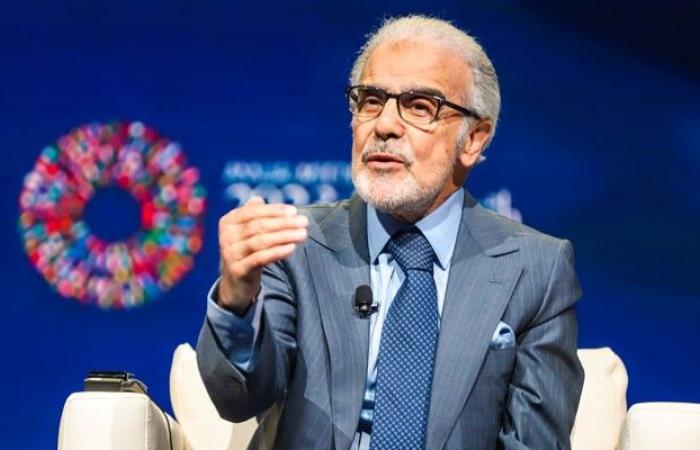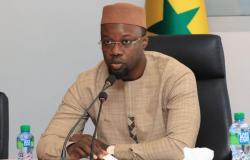Contrary to certain interpretations circulating in the public space, the governor of the Moroccan Central Bank, Abdellatif Jouahri, has in no case requested «la suppression» direct aid for vulnerable households. During his speech at the end of the quarterly meeting of the Board of Bank Al-Maghrib, held on Tuesday, Mr. Jouahri simply spoke about the need to adopt a balanced and sustainable approach to social and economic policies.
In answering a question on the recommendations of the 2023-2024 annual report of the Court of Auditors, the kingdom's top financier expressed his support for the idea of a gradual transition towards job creation and improvement mechanisms income for vulnerable categories. However, he clarified that he had not yet studied the content of this report in detail.
Temporary and circumstantial help
Mr. Jouahri noted that direct support, in its current form, “should be considered as a temporary measure adapted to specific circumstances.” He insisted on the fact that perpetuating this mechanism “could have negative consequences on design, employment and the sustainability of public finances.” According to him, permanent direct support “would risk discouraging some of the beneficiaries from entering the labor market, even if there are job prospects.”
However, Mr. Jouahri has never advocated immediately or abruptly suspending direct aid. According to him, this is a long-term reflection aimed at promoting structural solutions, such as the creation of productive and sustainable jobs. He highlighted “the importance of strengthening economic growth and supporting non-agricultural sectors, in particular through increased cooperation between the public sector and the private sector.”
Budgetary and social issues
Mr. Jouahri also mentioned the budgetary constraints linked to an indefinite extension of direct support, stressing that such a situation “could compromise the budgetary room for maneuver necessary to finance other national priorities.” He thus pleaded for a policy integrating transitional and targeted measures while promoting mechanisms that stimulate wealth creation and socio-economic integration.
A plea for sustainable development
Mr. Jouahri took advantage of his intervention to return to the current challenges linked to the fight against unemployment, particularly among young people. He estimated that the revival of employment could only happen through an increase in national wealth and a better redistribution of collective resources. He also encouraged efforts in promising sectors such as tourism, trade and services, which constitute essential drivers of job creation.
Asked about other subjects, Mr. Jouahri warned of global uncertainty exacerbated by geopolitical and economic factors, such as tensions between great powers or the upcoming return of Donald Trump to the presidency of the United States. However, he recalled that the solid relations between Morocco and Washington, particularly after the recognition by the United States of Moroccan sovereignty over the Sahara, remained a strategic asset for Rabat.






